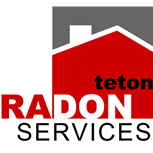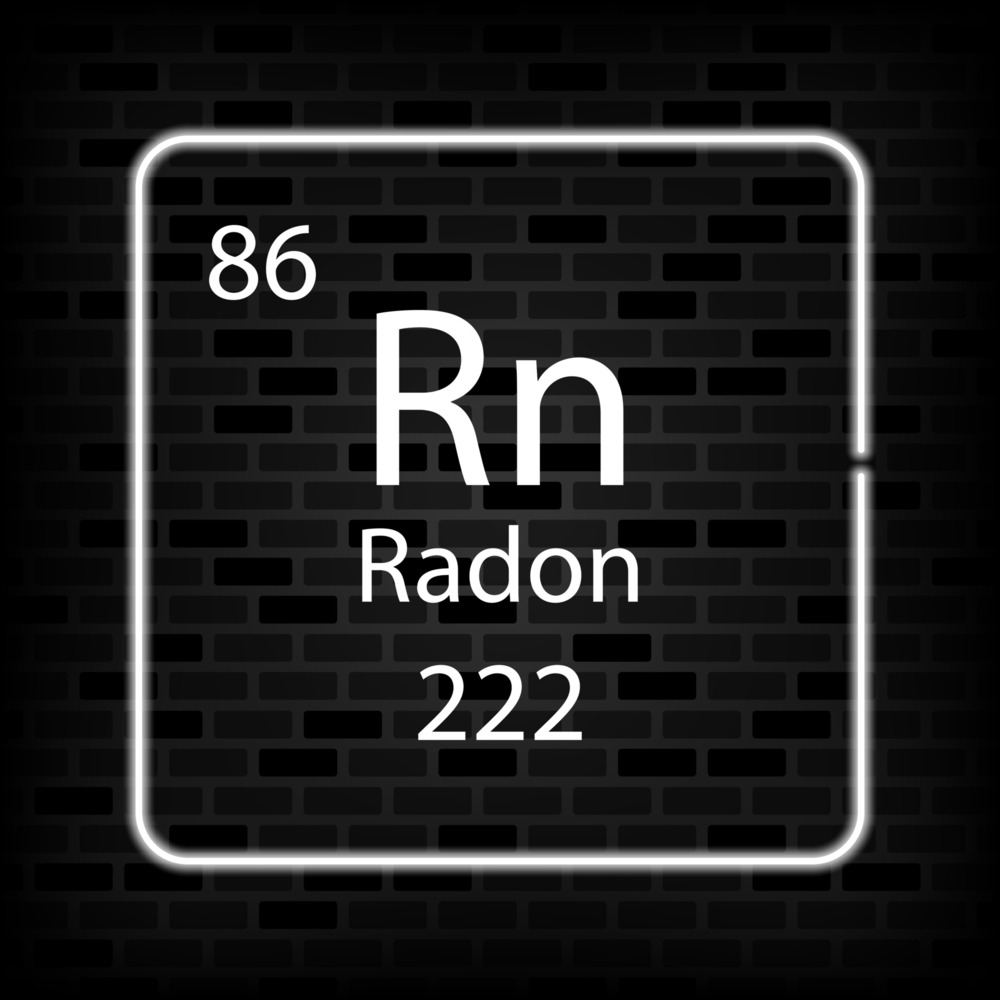Radon is a naturally occurring gas formed during the natural breakdown of uranium in the soil, rocks, and water. Since it is colorless, odorless, and tasteless, you may not grasp its gradual but drastic effects on your children’s health.
Yet, this radioactive indoor air pollutant is the second leading cause of cancer and is responsible for 21,000 deaths a year.
To ensure your children grow in a safe environment and go on to become healthy adults, read on to find out everything you need to know about radon.
Where Are Children Exposed to Radon?
Radon gas is prevalent in buildings with fewer storeys including homes, child care centers, and schools. These are all areas where children spend a majority of their lives.
Radon at Homes
1 in every 15 homes has higher radon levels than the EPA recommended action levels of 4pCi/L. And any home can have high levels of radon, whether new or old. The spaces close to the ground typically have the highest radon levels, including the living room where children spend most of their day.
Radon in Schools
The EPA estimates that 1 in every 5 schools has one school room with elevated radon levels and over 70,000 schoolrooms in use today have high short term radon levels.
Radon in Child Care Centers
Child care centers are generally located on the lower floors of a building because they are much safer and easily accessible for children. However, this also means they are more prone to accumulating radon.
How Can You Protect Your Children From Radon?
- Test your home. If the levels are higher than 4pCi/L, hire a radon professional to install a mitigation system
- Move your children’s playrooms and bedrooms out of the basement
- Encourage your neighbors to test their radon levels
- Request your child’s school or child care center to test for radon
- Educate your child about radon
Contact TRS for Professional Radon Testing Services
For radon testing services you can trust, turn to Teton Radon Services. We are certified radon experts with the latest knowledge and experience that can guarantee your children’s safety. Contact us today for a free consultation.

